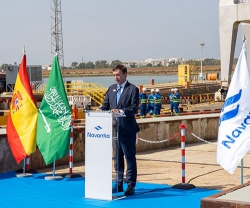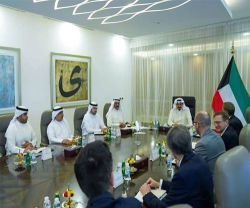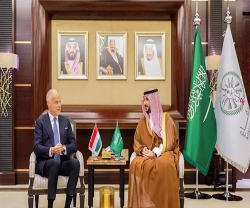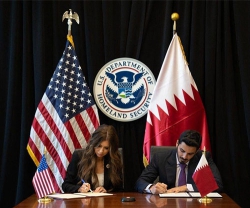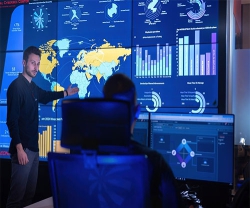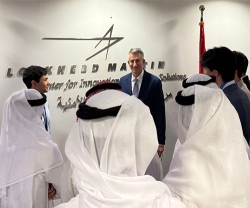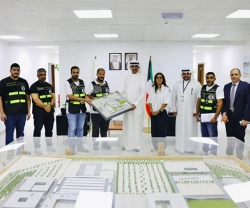Latest News
Latest news
Latest events
IDEF 2025 Turkey - International Defence Industry Fair
22 - 27 Jul 2025Istanbul Expo Center - TurkeyDSEI 2025
09 - 12 Sep 2025Excel, London - United KingdomIntersec Saudi Arabia
29 Sep - 01 Oct 2025Riyadh International Exhibition & Convention Centre - Saudi ArabiaDubai International Air Chiefs’ Conference (DIACC 2025)
16 Nov 2025Atlantis, The Palm Dubai - United Arab Emirates

